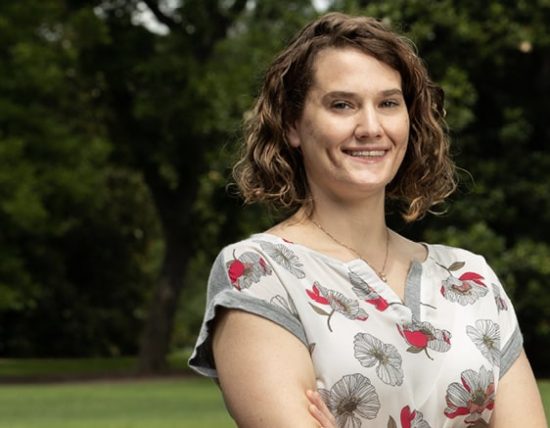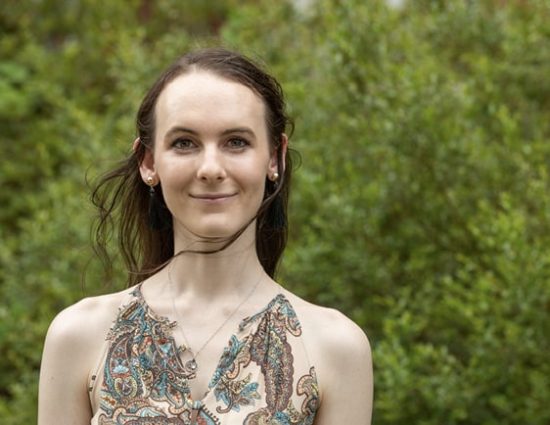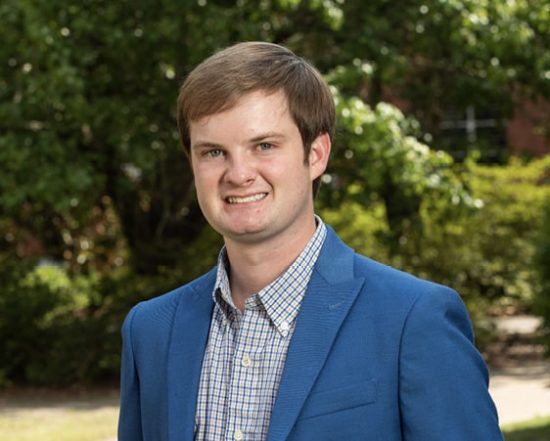A Year Later
Public Health Students Reflect on the Pandemic
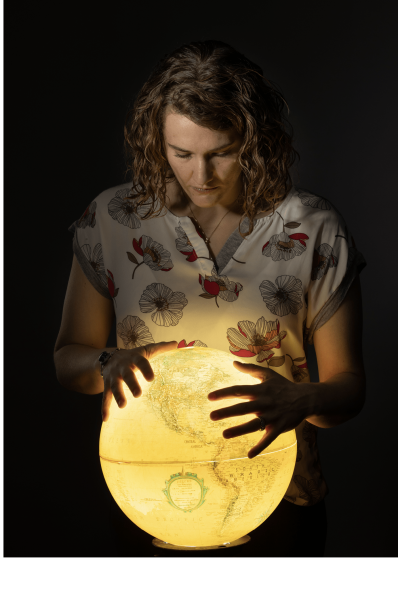
As news of the COVID-19 outbreak intensified in early 2020, Gabi Wiggill, a sophomore in Georgia Southern University’s Jiann-Ping Hsu College of Public Health (JPHCOPH), was rattled yet unaware of the international crisis to come or that her line of study would soon take center stage on an epic scale.
“The pandemic was not fun,” she initially felt as the University moved to online classes in March. “None of us were even thinking yet about the devastation the pandemic would cost us in both human and economic loss.”
One year later, following months of Zoom instructionals that explored the various determinants of disease in undergraduate and graduate epidemiology classes in real-time during a global health emergency, JPHCOPH professor Dr. Jian Zhang, DrPH, asked Wiggill and her peers to reflect on their experiences.
Zhang, who previously worked with the World Health Organization and the Centers for Disease Control and Prevention, was impressed with their responses. Startled by health inequities around the globe, the students were ultimately moved to continue their journeys in public health after witnessing the selflessness of health care workers, the triumph of the human spirit and expansive possibilities
within science.
Trent Rundle, a senior in Introduction to Global Health, learned hard lessons in how fragile life is, particularly, he noted, for the people living in impoverished communities.
“Some of them were simply abandoned during the pandemic,” he said. “Actions must be taken to address these deeply rooted social issues unveiled by the pandemic.”
However, the breadth of kindness shown around the world maintained his faith in humanity. “Difficult times are also the times when we see who we really are,” said Rundle. “It is so touching to see neighbors helping each other, sharing food, sharing water, sharing whatever they have.”
Margaret Davies, a master’s student in Zhang’s Public Health Surveillance class, was dismayed by the political division created during the pandemic but marveled at the strength of health care’s
first responders.
“We should celebrate our heroic frontline health workers with more than cheers and applause,” she said. “They sacrificed their lives, like soldiers on the frontlines of a battlefield, early in the pandemic when basic safety gear was severely in short supply.”
Consequently, Davies became even more emboldened to pursue a meaningful and impactful career in public health so she can also make a difference in the lives of others.
The remarkable power of science left an impression on sophomore Chris Reyes.
“At the beginning of the pandemic, I thought I would have to go to school virtually for two to three years,” he said. “I didn’t think I would have a chance to get back to normal college life. It is truly amazing that we can develop, test and administer effective vaccines within one year. Science will get us out of this terrible pandemic.”
In a continuum of firsthand learning, 32 JPHCOPH students and 20 faculty and staff members volunteered to assist with Georgia Southern’s robust vaccination efforts that included on-campus, COVID-19 vaccine point-of-dispensing sites for faculty, staff and student populations beginning in the spring.
JPHCOPH Dean Stuart Tedders, Ph.D., is proud of the students and faculty, who took on the task of teaching in real time during a global public health emergency.
Our students have been able to gain real-world experience, and they have had opportunities to be a part of the response, through research, community education and participation in the University’s vaccination efforts,” he said. “We don’t know when the next pandemic is coming, but we know it will. It’s our commitment to train the future public health leaders to face the challenges head-on, to learn from success and failure, and always to be better prepared for the next one.” — Melanie Simón
